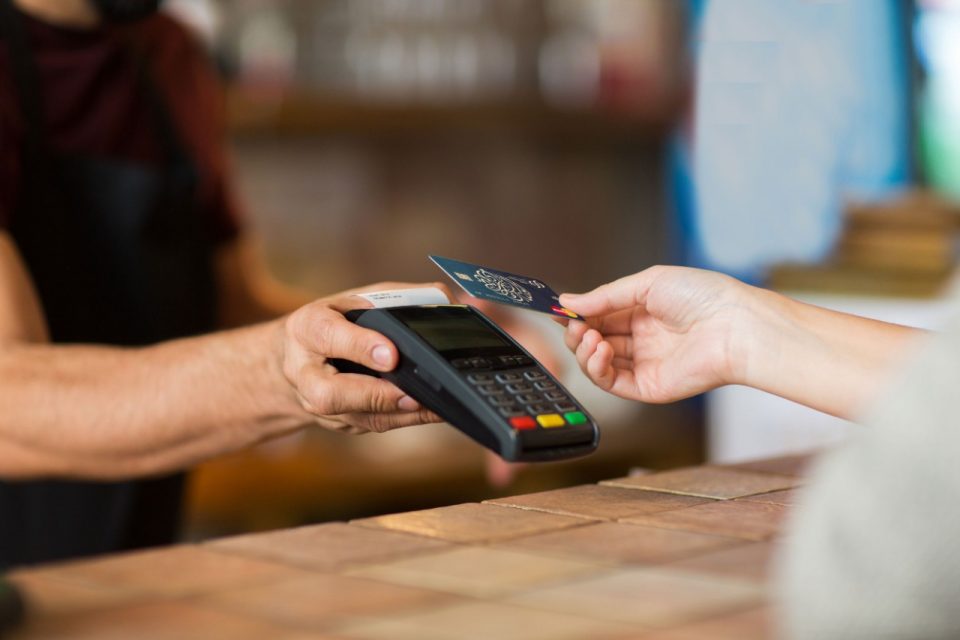For years, banks and financial institutions have played a significant role during economic crises of any sort. In light of the coronavirus pandemic, governments have imposed strict lockdown measures to curb the spread of the infection. This in turn has forced people to stay indoors and abide by social distancing measures. With that, customer experience has become a crucial challenge for banks to ensure sustainability and continuity of financial services.
The scenario necessitates banks to redefine their customer experience, largely based on clarity, transparency, digitisation and technology. More importantly, it requires them to support customers who are in distress or completely unfamiliar with the digital banking world. In Qatar, sectors and the economy at large have been impacted by the novel coronavirus—as is the case with economies around the world. In response to the pandemic, the Commercial Bank has worked swiftly and efficiently to enable customers across all social categories to carry out banking activities in a secure and seamless manner despite the ongoing crisis.
Paving the way for secure contactless transactions
The Commercial Bank’s five Cs and principles: Corporate earnings quality, client experience, creativity and innovation, culture and compliance have enabled it to adapt easily to the economic conditions disrupted by the protracted pandemic. Its direct response to the needs of the country in devising a set of first-of-its-kind services in just three weeks is an example of that. The bank’s solid strategy has allowed it to stay ahead of the curve for a long time and a clear vision in the adoption of advanced technology enables it to ensure a secure environment for transactions.
The Commercial Bank has come a long way with its solutions in response to the pandemic. But what is more interesting is its initiative in optimising the contactless Tap N’ Pay feature on its cards by increasing the limit amount that is allowed to be paid by tapping the card on POS terminals, without having to enter customers’ PIN code. This is in an effort to ease day-to-day transactions and payments, enhance customer banking experience, and ensure safe transactions to all customers amid the pandemic.
For the uninitiated, the Commercial Bank was the first to launch the Tap N’ Pay card technology in Qatar in 2018, which dramatically changed the ecosystem structure in the country. It was also the first to introduce the comprehensive contactless ecosystem from issuing to acquiring and in-between. The payment technology has proven its efficiency since its launch, allowing cardholders to pay at merchant outlets without handing over their cards to the salesperson. In hindsight, the solution has played an important part in the bank’s response to the pandemic.
Tokenisation capabilities add real value to digital banking
More recently, the bank launched CB Pay, a card digital wallet service which is available on CBQ mobile app. The service offers tokenisation capabilities for customers on their cards, which replaces the payment account number and expiration data with numeric codes of the same length, known as tokens. In practice, the digital wallet allows customers to make online payments (all types of mobile devices) and in-store purchases (for android mobile devices) in a secured way without necessitating them to provide their credit or debit card details. As a result, the bank is creating an alternative payment method for its customers who have been recently switching from cards and cash to mobile transactions.
The bank has even created the CB Household Worker PayCard to meet all payroll and remittance needs of household workers. Expat workers tend to visit exchange houses in Qatar to send money abroad. Due to the temporary closure of exchange houses, CBQ launched this service that allows workers to remit money home using their mobile phones. That said, the bank’s teams in digital banking, information technology, operations, legal, cards, compliance and marketing have worked at a lightning speed to design, create, build, communicate and deliver this new product—following the launch of CB SMART Payroll, a similar digital solution targeting company workers.
Individuals can apply for CB Household Worker PayCard on CB’s mobile banking app and then create a PayCard account for household staff to credit their monthly salaries. If required, remittances can also be set up on the behalf of workers to overseas beneficiaries using CB’s award-winning digital 60 Second Remittance solution from home. In short, the Household Worker PayCard enables domestic employees to withdraw cash, enable transactions, make cashless payments. In addition, customers can use their own dedicated CB PayCard mobile banking app to digitally control their finances and make overseas transactions in minutes. The CB Household Worker PayCard is an integral part of the bank’s efforts in deepening financial inclusion in Qatar, ensuring health is protected and encouraging customers to swiftly move from cash to digital payments.
The Commercial Bank’s technological and service innovations have been driven by human values. The bank is an exemplar of how financial institutions can perform well and enrich customer experience despite any form of crisis. It has actively contributed to make banking safer and easier for customers, while consolidating a strong financial position and delivering real value in digital banking. In short, the bank thrives on the vision ‘‘One Bank, One Team’ by working together to make things possible even during challenging times.

